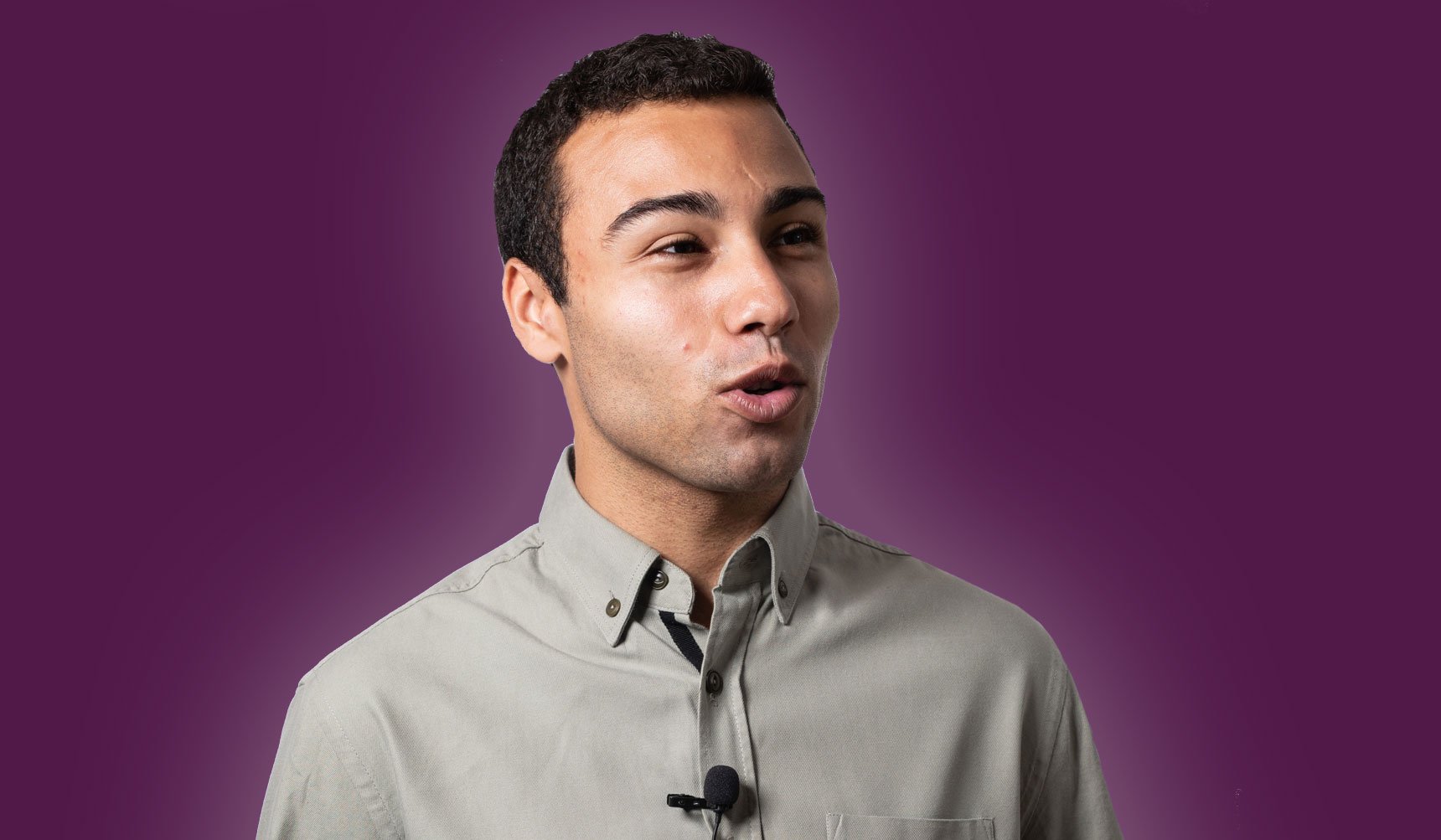
Introducing the Communication Skills 2025 syllabus
BY: Nicola King
08 November 2024
We recently released our updated Communication Skills syllabus, but you may be wondering why we have made changes and, more importantly, what changes we have made? In this blog we give an overview of our updated Communication Skills syllabus…
Why have we made changes?
The updates to the Communication Skills syllabus have been driven by our desire to ensure the syllabus remains relevant, engaging, and aligned with 21st century needs. The updated tasks build the kinds of communication skills that are essential in education and the workplace, helping your candidates to develop life long transferable skills.
We have streamlined instructions and refined tasks using clear language, as well as expanding the guidance section of the specification. Teachers and candidates will have a clear understanding of the tasks and how to prepare for them. In addition, we have made revisions to the assessment criteria and attainment descriptors to be more specific and aligned with the task requirements, making them easier to understand and engage with.
Finally, we've worked hard to create alignment between the face-to-face and online versions of the Communication Skills Individual exams. This ensures that regardless of the format, candidates have a consistent, fair and rewarding experience, focusing on the same skills and objectives.
What changes have we made?
Initial and Foundation grades
At Initial to Grade 3 we have updated the prompt questions in the conversation tasks, so that candidates are prompted with relatable questions that enable them to make personal and thoughtful responses.
For example, at Grade 1 questions such as ‘who is your favourite real or fictional person?’ push candidates to share more about their personal experiences and opinions, encouraging them to justify their responses and connect more deeply with the examiner.
At Grade 2, the topics now encourage more creative thinking, rather than simply describing a place or weather, candidates are asked questions like 'what would your superpower be?’ That prompt personal reflection and invite candidates to make decisions and explain their preferences, making the conversation more dynamic and engaging.
At Grade 2 there is also a change to Task 3. Now, instead of discussing the details of planning an event, candidates are asked to describe an event they have attended, such as a birthday party or a school trip. By shifting the focus to an event the candidate has personally participated in, the task becomes much more accessible and relevant.
Intermediate grades
At Grade 5, Task 2 candidates are now required to deliver two contrasting news stories, adjusting their tone appropriately for each. Candidates can read from a script, as they're likely to do in a real-life newsroom and can write their own news stories or use a news story in the public domain. This change allows candidates to demonstrate a broader range of skills, particularly in their ability to adapt their tone and delivery to suit different stories and audiences.
Advanced grades
At Grade 6, Task 3 candidates, will now discuss the content and delivery of an advertisement. The advertisement will be chosen by the examiner from a small selection in the brand-new syllabus companion available on our website. This means that candidates must prepare in their lessons to discuss all of the advertisements in the guide.
Also at Grade 6, Task 2, we have removed the requirement for a CV in the face-to-face version of the exam, and the candidate will instead tell the examiner what role they are applying for, and the examiner will ask relevant questions.
At Grade 7, Task 1 candidates will give a presentation on an issue (e.g. political, social, economic, health and wellness, technology, cultural or community). This update expands the range of topics available for candidates and ensures the task better reflects diverse candidate interests.
At Grade 7 Task 2, candidates are now required to introduce and analyse a speech delivered by a real -life public figure. The speech is of the candidate's own choice, and they should prepare their analysis in advance. This analysis covers aspects such as the speech's purpose, its structure, its meaning, and the possible styles and tools used for its delivery.
This update ensures that the task aligns with the skills and knowledge required at this stage, offering a more appropriate challenge for candidates. It also provides candidates with the freedom to choose a speaker and speech of personal interest.
At Grade 8, Task 1 the candidate delivers a presentation exploring how a product or topic is communicated to its target audience through the media or advertising. The presentation should include analysis of the ideas conveyed and explain the effectiveness and impact of the communication methods and tools used.
At Grade 8 Task 2 candidates will deliver a two-minute public address based on a scenario they have selected from the syllabus companion on Trinity's website. After the initial address, the examiner will give the candidate a specific adjustment to make to their speech. The candidate will have two minutes to make those adjustments and then present the public address again, this time incorporating the required changes while ensuring that the speech remains within the two-minute time limit. This change gives candidates more time to consider and prepare their address, which leads to a more thoughtful performance.
At Grade 8, Task 3 candidates present an overview of an issue of their choice, from current affairs, social media or politics, explaining two differing perspectives rather than, as in the previous specification, both sides. This change recognises that there may be more than just two points of view on an issue. The word contentious has also been removed to broaden the scope of issues that can be chosen, ensuring that the task is more inclusive and includes a range of subjects.
Group exams
For Group exams at Grades 4 and 5, the examiner will no longer engage the candidates in a short discussion following the group's presentation and instead these questions will be moved to the Task 2, Reflection Task. This change clarifies the task structure, ensuring that each task has a clear and distinct focus.
As with the previous syllabus, Group Communication Skills exams are not available digitally.
When is the 2025 syllabus available?
The new Communication Skills syllabus is available online now, and both the face-to-face and digital exam formats have been combined into one specification. The current syllabus specification remains valid until 31 March 2025, with candidates examined using the 2025 specification from 1 April 2025.
For a more in depth look at the Communication Skills syllabus join our webinar on Tuesday 19 November at 4pm. Register here.




Comments & Replies